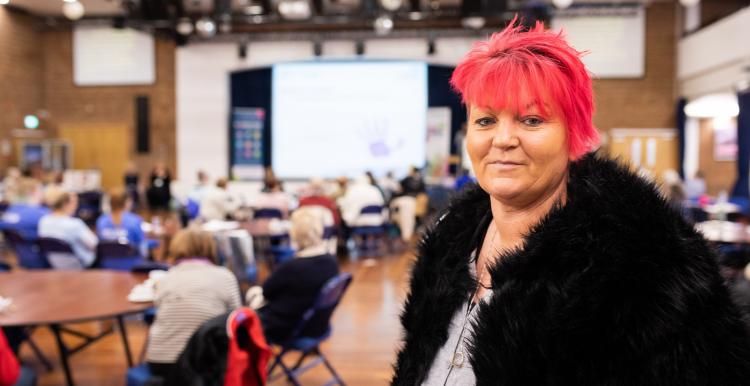Is the NHS sharing your data? What you need to know

The NHS has introduced a new data opt-out programme, giving people the right to choose whether their confidential patient information is used for reasons other than their individual care, for example for research or planning purposes.
Here's what you need to know:
- Shared data helps the NHS. It has been used to find the first treatment for coronavirus and for vaccine research.
- The data that NHS Digital will hold and share is anonymous. It doesn't include your name, address or any identifiable numbers like your NHS Number.
- There is no deadline for opting out of sharing your data. You can opt out at any time.
- NHS Digital will never sell your data. There are strict rules about how the NHS can use your data. It's only shared securely and safely for planning, commissioning and research purposes. Your data will never be sold to marketing or insurance companies.
Choose if data from your health records is shared for research and planning
NHS users will be able to check who is accessing their patient data, NHS Digital says
A new patient data register will allow NHS service users to see which organisations are accessing their data and for what reason, NHS Digital has said.
The tool provides an interactive report with information about each data sharing agreement (DSA), including the organisation applying for the data, details of physical files released, and the start and end dates of the agreement.
It also clarifies whether patient opt-outs were applied to the dataset before release.
Commenting on the introduction of the patient data opt-out and Healthwatch England’s research on public attitudes to data sharing in the NHS, Jacob Lant, Head of Policy at Healthwatch England, said:
“Our conversations with people over the last three years have consistently shown that the public trust the NHS with their data. Indeed our latest survey shows they have more faith in health and care services to use data appropriately and keep it safe than any other sector, including retail, banking and other public services.
“Most people also support their patient data being used to inform research and improve the delivery of care. Our latest poll suggests three in four back the idea.
“But whilst overall support remains strong, high profile scandals around the use of data run the risk of eroding public support.
“The opt-out coming in to force is not the end of the debate of how data is used. It must be seen as the start of a new phase for the health and care sector, one that will require the NHS to continually make the case and demonstrate why it is so important that we make our data available to them.”
What is confidential patient information
Confidential patient information is when 2 types of information from your health records are joined together.
The 2 types of information are:
- something that can identify you
- something about your health care or treatment
For example, your name joined with what medicine you take.
Identifiable information on its own is used by health and care services to contact patients and this is not confidential patient information.
How the NHS use your confidential patient information
Your individual care
Health and care staff may use your confidential patient information to help with your treatment and care. For example, when you visit your GP they may look at your records for important information about your health.
Research and planning
Confidential patient information might also be used to:
- plan and improve health and care services
- research and develop cures for serious illnesses
Your choice
You can stop your confidential patient information being used for research and planning. Find out how to make your choice.
If you're happy with your confidential patient information being used for research and planning you do not need to do anything.
Any choice you make will not impact your individual care.

